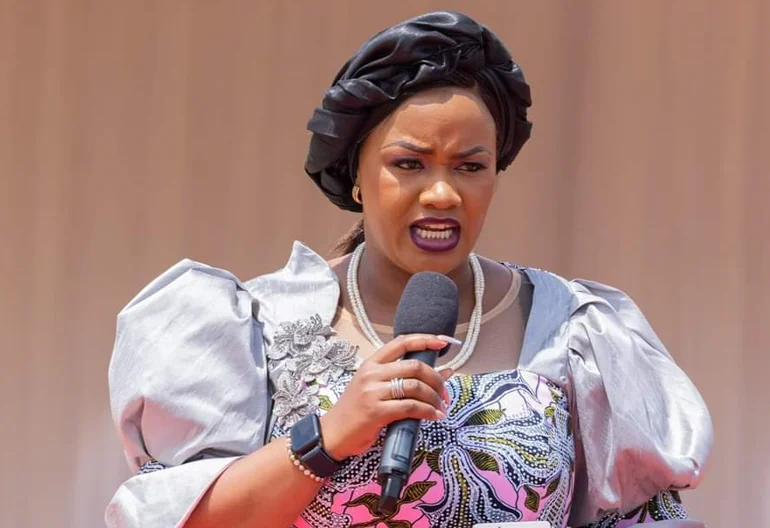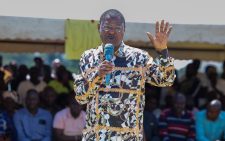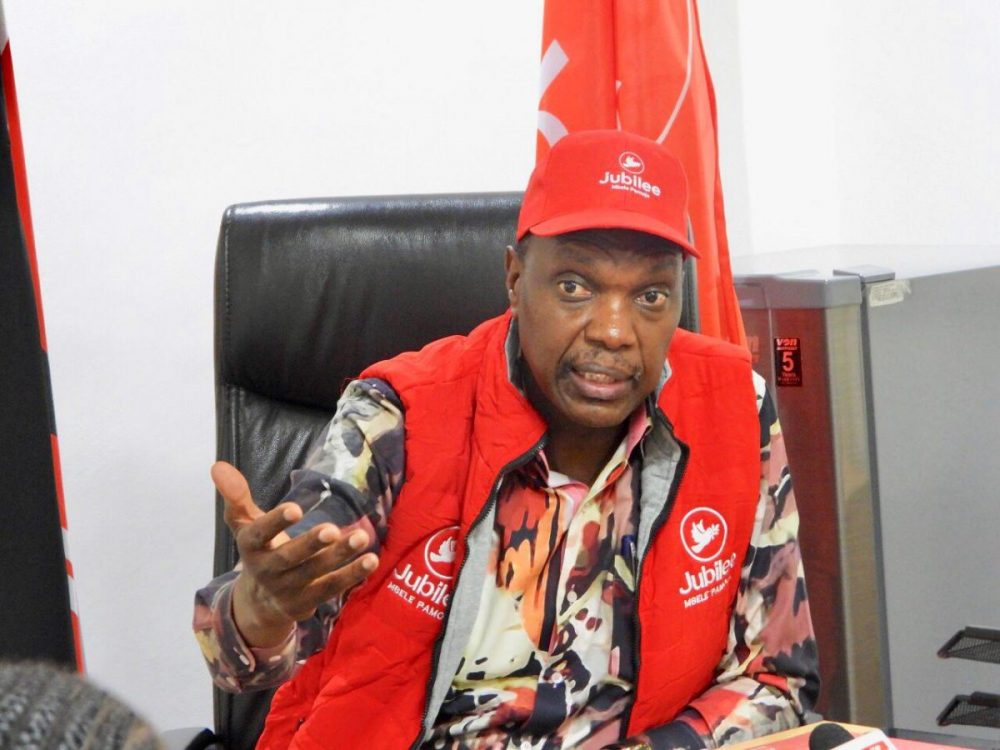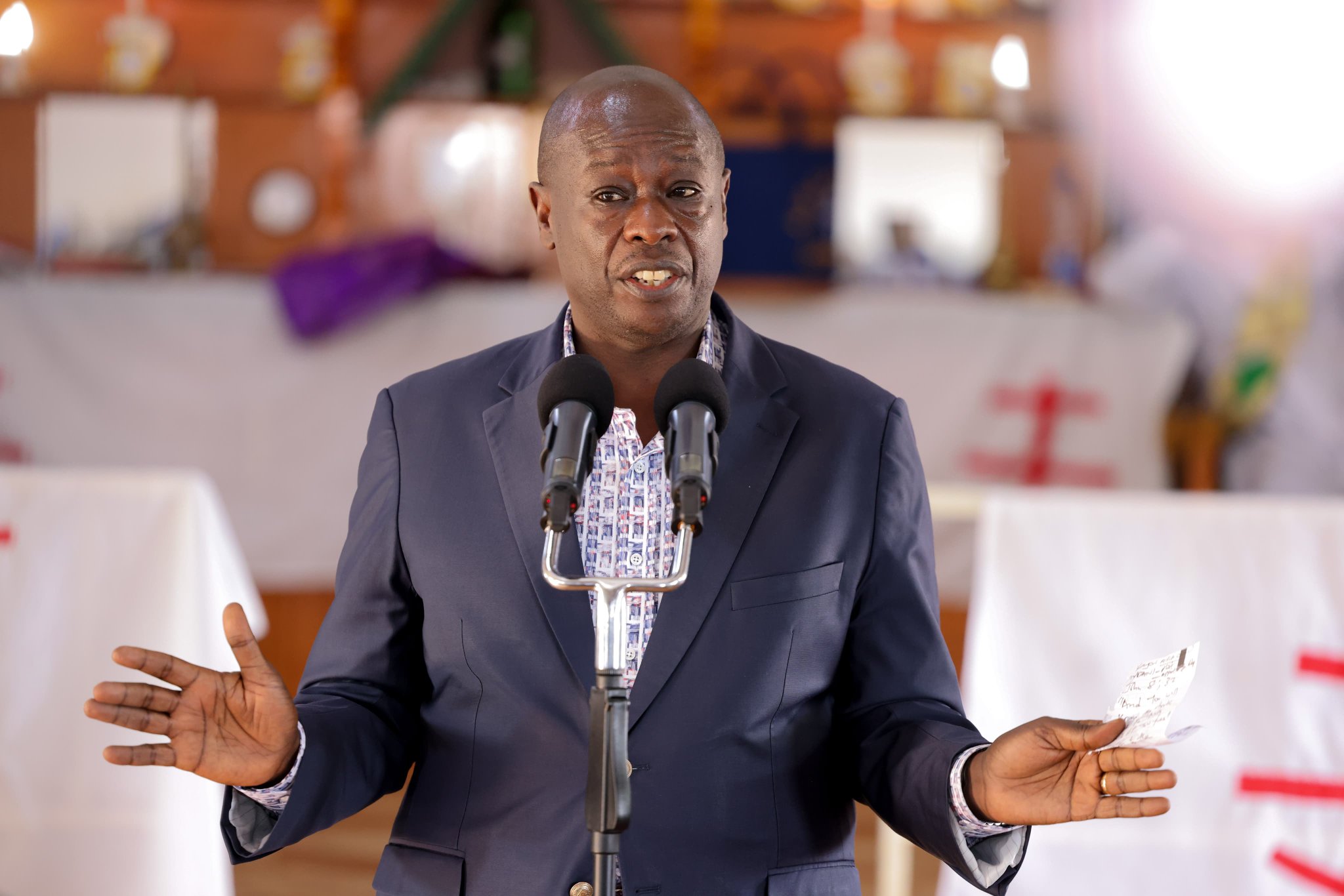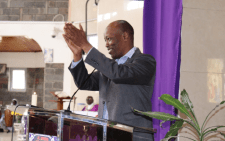Kalonzo: Why our elections have been informed by suspicion, mistrust and violence
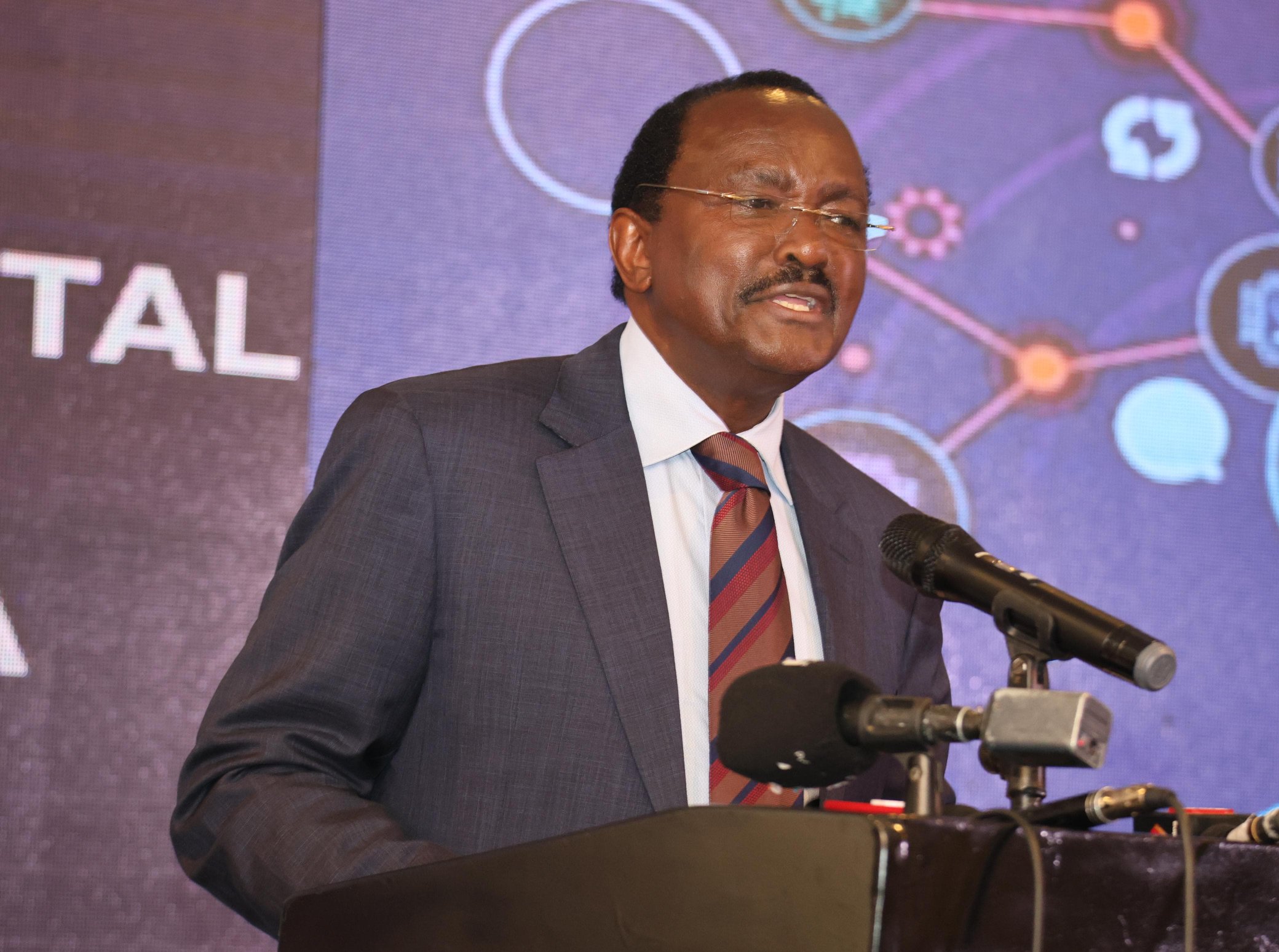
Wiper Democratic Movement party leader Kalonzo Musyoka has pointed out why suspicion and violence have been witnessed during almost every electoral cycle.
Speaking during a regional conference on the use of AI, digital media, and social media in elections in Kenya at a Nairobi hotel on Tuesday, December 3, 2024, the opposition figure traced the history of Kenyan elections since the multiparty democracy was allowed over three decades ago.
“Our elections over the past 33 years have been informed by suspicion, mistrust, and, unfortunately, also by violence.
“It is easy to understand that this unfortunate character of our elections, as well as conversations on elections, is a factor of the importance that Kenyans attach to elections, as indeed they should. Elections give the people the opportunity to have a say on who governs them and how they are governed. This is the true meaning of self-determination,” Kalonzo said.
The former Mwingi North Member of Parliament also called for fairness in the electoral process, saying the end results must reflect the general will of the people.
“Accordingly, it is of the greatest essence that electoral processes and outcomes should express the general will of the people. Electoral technologies should facilitate, rather than compromise, democracy.
“Democratic elections, for their part, can only be stated to be so when the processes and the outcomes are above board. This is to say that the elections are free, just, and fair. They reflect the will of the voters,” he continued.
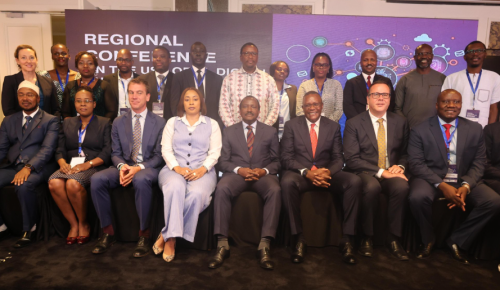
Technology and elections
Since 2013, technology has been part and parcel of Kenya’s electoral process, especially in the transmission of results, and although Kalonzo said this has helped, he wants it to enhance free and fair elections.
“Let me restate that electoral technologies are crucial to democratic processes and outcomes in elections. When discoursing on the place of AI in elections, therefore, we must never lose focus of the need for elections to be free and fair.
“Electoral laws in Kenya have prescribed that elections should be conducted in a manner that is simple, verifiable, free, and fair. As the country steadily embraces digital platforms for elections, therefore, these variables should never be lost. For, put together, the four variables amount to what is called electoral justice,” he added.
While advocating for complete integration of technology, Kalonzo wants a system that is simple and easily verifiable.
“When the minority are satisfied that elections reflect the will of the majority through a simple, verifiable, free, and fair process, they are able to live with this outcome. This is regardless of the fact that the outcome may not reflect their preference. Election technologies, accordingly, must be intentionally fashioned to be simple, verifiable, free, and fair.
“Verifiability of electoral processes and outcomes easily constitutes the most contestable of the four ingredients in an exercise that is intended to be simple, verifiable, free, and fair. Unfortunately, when electoral processes and outcomes become difficult to verify, controversy results. When winners cannot prove how they won, and losers are unable to verify that the winners actually won, chaos of the kind that Kenya has witnessed over the past three decades should not surprise us when it does happen,” he concluded.
